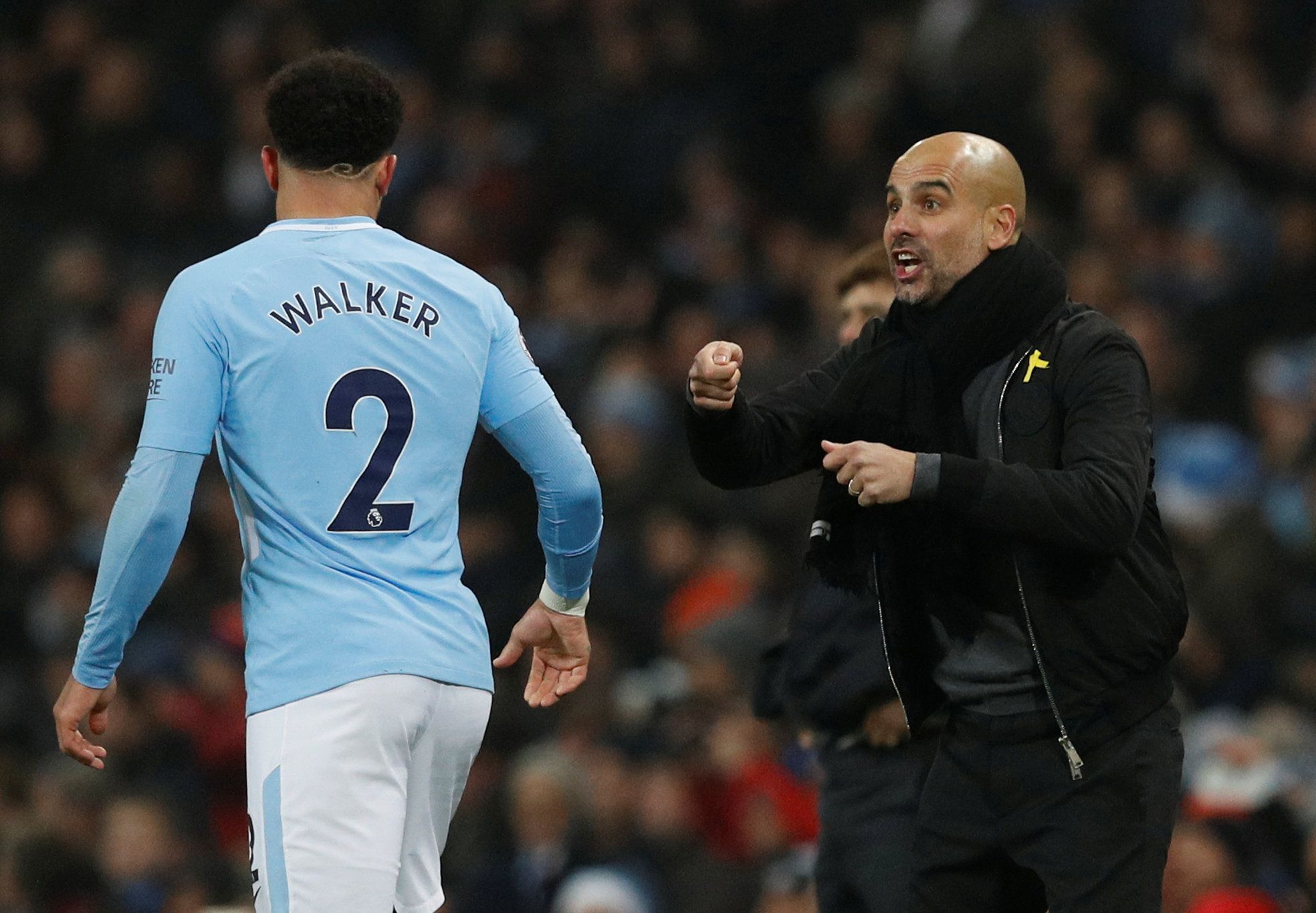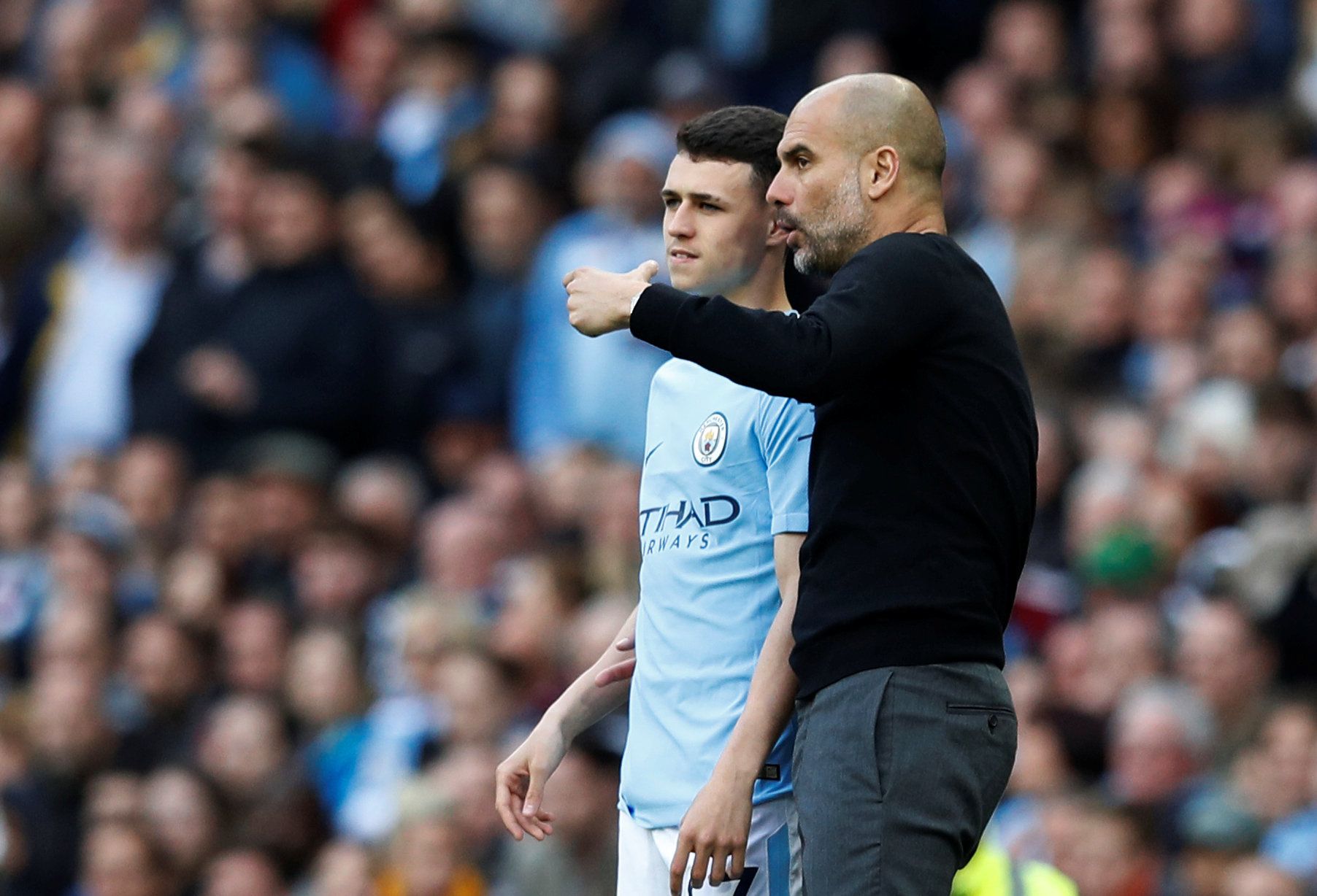In the past, World Cups were great footballing conventions. The best teams from around the world came together to show off their own styles of play, and everyone would learn something new.
These days, that’s been lost. Everyone knows everybody else, there has been an explosion in tactical writing and understanding of the game and nothing is a secret anymore. But that doesn’t mean that we’ve lost all of what made the World Cup so special: these tournaments are still milestones along the path.
In 2010, the Spanish side that won in South Africa heralded probably the greatest triumph of the Barcelona dominance of that era. Pep Guardiola’s style of football was implemented into a La Roja side that reigned supreme for three tournaments in a row, and they did so without Lionel Messi - Barcelona’s greatest player. It showed the triumph of this new style of play.
In 2014, there was a similar winner. Germany - again building on some of Guardiola’s work at Bayern Munich - were the champions through being the best team. But theirs was a victory for a process or a system, one that started from the ground up and felt quite scientific in nature.
This time, four years later, what characterises football today? The truth is, it’s hard to pinpoint - though maybe the winner of the World Cup will make it clearer. This time though, it’s probably not going to be the Manchester City manager who defines it.
One thing does stand out, though. In 2016 Leicester City won the Premier League and Portugal won the European Championships. Chile won the Copa America in 2015, and again in a special competition a year later. Monaco beat Paris Saint-Germain to the Ligue 1 title in 2017. There have been upsets and minnows going far. At this World Cup, it’s been similar. And instead of following the pattern of teams mimicking Guardiola styles and dominating the tournament, this has gone in a different direction.
Perhaps that’s down to the fact that Guardiola’s Manchester City is a more diverse bunch than he had at Bayern or Barcelona. City’s England contingent are peripheral players - in the sense that they don’t form part of the Three Lions’ spine.
Gareth Southgate’s side are justifiably delighted with their potential route through this tournament. Colombia are no pushovers, and this is not hubris: any athlete would be thrilled with the prospect of not having to face the very best on paper until a potential final. And yet, all of this presupposes that the Three Lions themselves aren’t in the crosshairs of an upset: the last few years have proven that football is unpredictable, and without the certainty that England are playing in the dominant style, this is even more up in the air.
If Real Madrid are the epochal club of this World Cup cycle then it’ll be more about matching their grit, determination and raw quality than the death-by-tactics Guardiola teams.
It’s unclear if England have that.
On the other hand, maybe the other main thing we’ve learned over the last few years is that club football is now vastly superior to the international flavour. And England certainly do appear to have brought a club-like spirit to this tournament.
It may not be Pep Guardiola’s ideas that win through at the 2018 World Cup. If he’s still the best manager around, that will show that international football and club football are now very much different breeds. But it might just be that the country in which he manages are the best-equipped to deal with the new status quo.
[brid autoplay="true" video="262625" player="12034" title="England (2018) vs. England (Experienced) Football Manager Simulation"]


